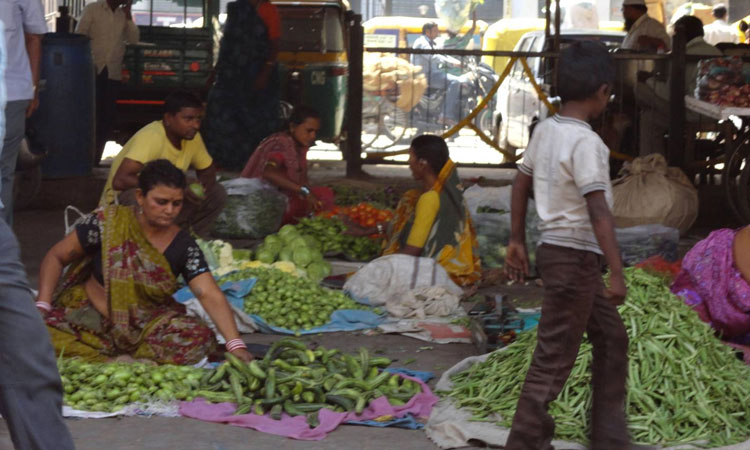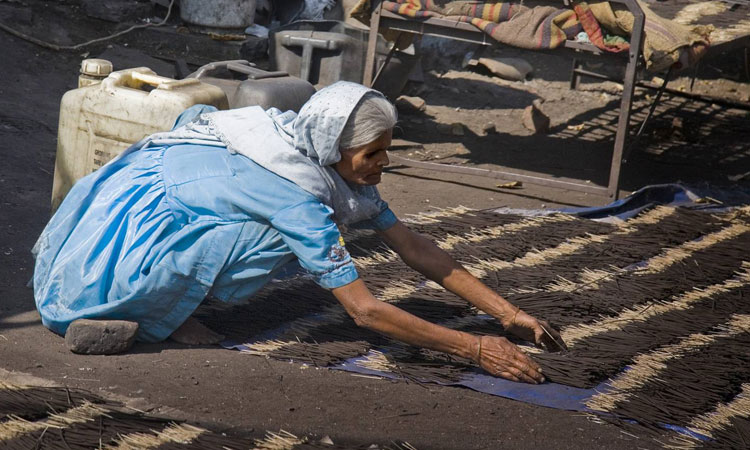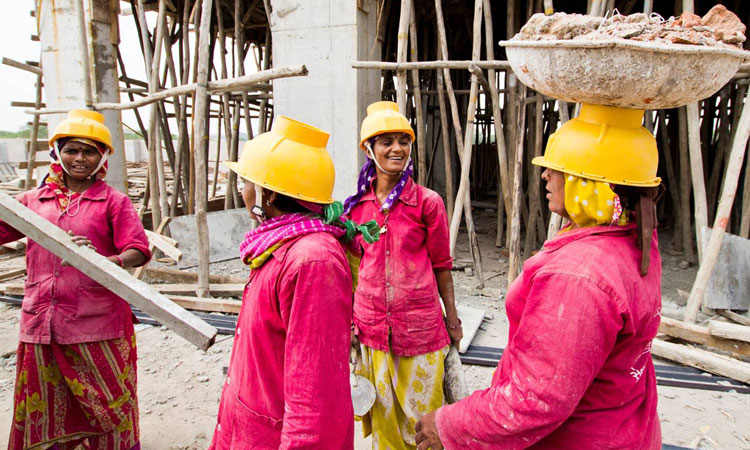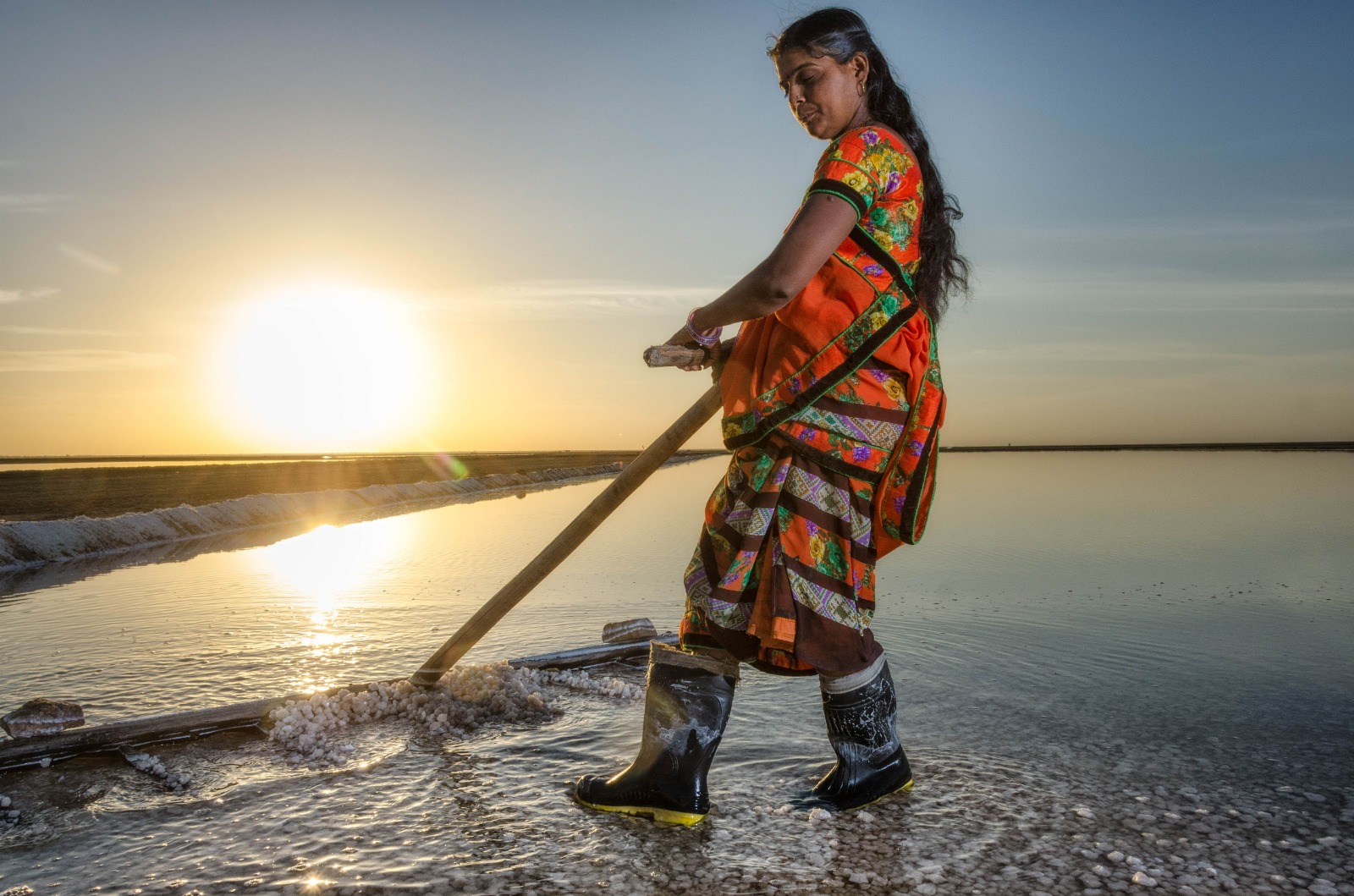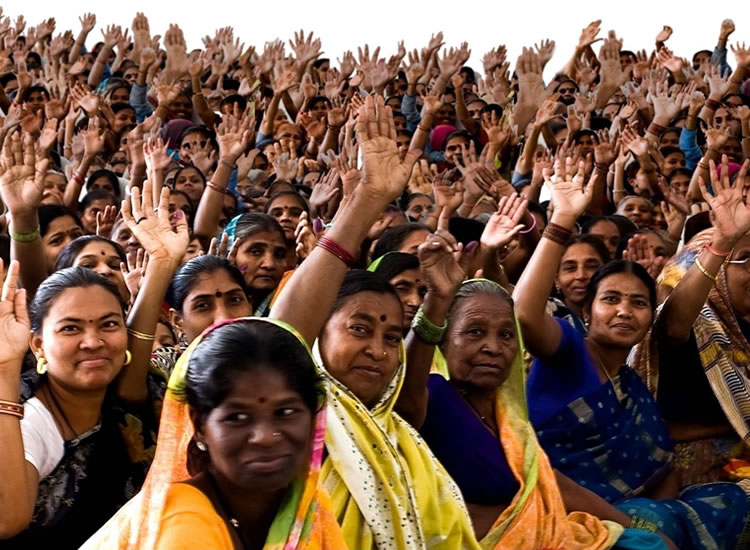SEWA’s total membership across 18 states in India viz Gujarat, Madhya Pradesh, Uttar Pradesh, Bihar, Rajasthan, West Bengal, Delhi, Uttarakhand, Kerala, Maharashtra, Orissa, Assam, Jharkhand, Meghalaya, Kashmir, Punjab, Leh-Ladakh and Nagaland is over 2.9 million.
Today, 32 – 35% of SEWA’s membership is from the young generation. This is the 2nd and 3rd generation of our founder members that is joining SEWA. To enable this young generation to understand the struggle of the founding members, the impact of SEWA’s work on the lives of its members and the values of SEWA, and to keep SEWA relevant to its young members; with Full-employment and Self-reliance as its main objectives, SEWA initiated its “sustainability campaign” – a campaign focusing on making SEWA, as a union, self-sustaining.
As a firm step towards this, in 2015, SEWA adopted the Membership management system. This has led to complete digitization of SEWA’s membership data. As a result of this, from 2017 onwards, the time and expense incurred in renewing SEWA’s membership has decreased. Additionally, the membership data of previous year would be useful in planning and implementation of new initiatives. Thus, combining technology and thriftiness – SEWA has achieved reduction in wastage of time and money.
When the nation is talking about Digital inclusion, how does an informal women worker go digital? SEWA’s own customized membership management platform – identified as “Vadlo online” by its members is an answer to this. Cadre of SEWA’s grass-root leaders and representatives purchased their own tablets and smart-phones and renewed the membership of thousands of members online – accepting membership dues online.
For more details on SEWA’s activities in each of these states, please click on the name of
- SEWA in Madhya Pradesh
- SEWA in Uttar Pradesh
- SEWA in Delhi
- SEWA in Bihar
- SEWA in West Bengal
- SEWA in Rajasthan
- SEWA in Uttarakhand
- SEWA in Kerala
- SEWA in Maharashtra
- SEWA in Assam
- SEWA in Meghalaya
- SEWA in Jammu- Kashmir – SEWA-e-Kashmir
- SEWA in Nagaland
- SEWA in Orissa
- SEWA in Jharkhand
- SEWA in Gujarat
- SEWA in Leh – Ladakh
- SEWA in Punjab


